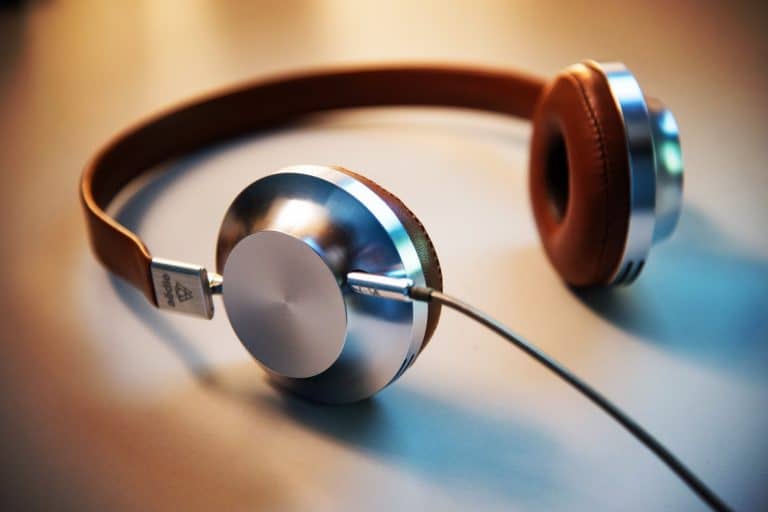Hearing loss is on the rise, and some experts believe technology may be to blame. Audiologists specifically point to the continuous use of headphones to listen to music, stream movies and play video games. The best way to protect yourself is to understand your risk level.
Dangerously Loud Noises
The world is full of sounds, and while most of them are perfectly safe, some can cause irreversible damage. Sounds are measured in decibels (dB). Anything measuring more than 85 dB can damage the delicate hair cells within your inner ear, leading to permanent hearing loss.
Damage caused by exposure to loud sounds is known as noise-induced hearing loss. Below is a list put together by the National Institute on Deafness and Other Communication Disorders (NIDCD) of the average decibel ratings for some familiar sounds:
- Normal conversation: 60-70 dB
- Movie theater: 74-104 dB
- Motorcycle and dirt bikes: 80-110 dB
- Sirens: 110-129 dB
- Fireworks: 140-160 dB
Music played at maximum volume through headphones can reach sounds as loud as 110 dB, which can cause damage after only a few minutes.
Use of Earbuds
Headphones that sit within your ear are called earbuds. While these models are popular, they are especially dangerous because they deliver sounds directly into your ear as opposed to the over-ear models, which provide a slight buffer.
Most people use headphones while out and about. Whether they are running around Victoria City Park or commuting to work, the listener has to turn the volume up to an unsafe level in order to hear their music over the distracting background noise.
Listening to television, movies or online videos is no safer. These programs are designed to provide audiences with a fully-immersive experience. This means listeners are exposed to numerous pitch changes and variations in volume that can easily become too loud.
How to Protect Yourself
The best way to protect your hearing is to follow the 60:60 rule. This rule states you should only listen at 60% of your device’s maximum volume and for only 60 minutes at a time.
To learn more about protecting your hearing or to schedule an appointment to have your hearing checked, contact the experts at Gulf Coast Audiology today.

